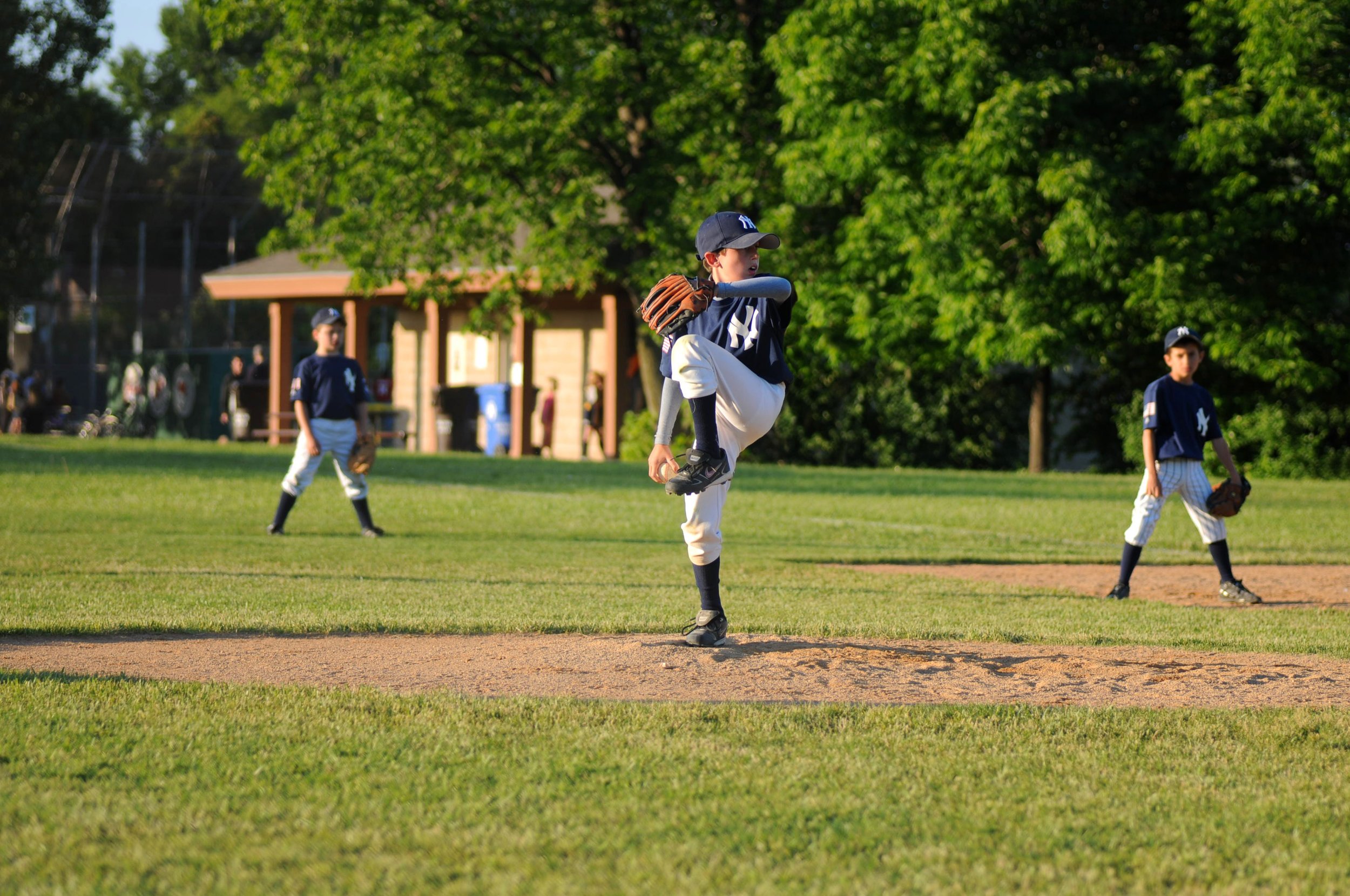Babip, Baseball and Bad Luck
/There's a baseball statistic called BABIP, or, Batting Average on Balls In Play, that measures how often a batter reaches base on balls that he hits into the field of play. A good batter who hits a lot of line drives may be a perennial all-star, but if his line drives keep rocketing straight to where fielders happen to be waiting, he can look like a minor-leaguer for months on end. (BABIP can also be applied to pitchers -- check out Pitching BABIP: The Luck Dragons for an excellent little film about this -- but let's focus on batters in this metaphor). BABIP is affected by three factors:
DEFENSE: A batter could hit the ball to a particularly talented fielder who makes a play on it and throws the batter out, or he could hit it to a lousy fielder who lets it fall for hit.
SMALL CHANGES IN TALENT: Over the course of a season, batters, just like other people, go through periods of adjustment. Perhaps they develop a better swing, or pitchers learn to adjust to a batter's swing and start striking him out, or maybe a batter is simply having a very strong season and hitting at the peak of his talent.
LUCK: A batter just so happens to hit a line drive in between two fielders, or a fielder shifts his position slightly just as the ball is hit, or the wind is high that day and pushes a ball into or out of the park. Luck also plays a part in injury. Of course, players, like dancers, have a certain amount of control over their tendency to be injured due to training styles, correct technique etc, but that's something I'll discuss in a future post.
The point is, luck plays a healthy role in a player's BABIP, even when it comes to hitting the ball to an elite rather than mediocre fielder. Equally, this idea can be applied to any elite performer or artist. Of course, a performer's talent level can change: for instance, dancers can learn a new style or improve their technique. But luck affects career success more than one might think.
For example, if dancers are injured through no fault of their own, this will still impact their dancing for a while, and this is bad luck. Alternatively, styles of dance wax and wane in popularity, and if a particular dancer doesn't reflect the zeitgeist of the year, no matter how talented they might be, they won't get cast. However, once they are healed or their style comes back into fashion, one would expect that performer to return to their career average level of output (two jobs per month for example). Similarly, when an artist throws an idea out into the ether, both luck and talent determine which idea will be a hit, and which turns out to be a dud.
In light of the recent recession, many of us (myself included) have found ourselves questioning how much actual control we have over our lives. What role does luck (good or bad) play in our successes and failures? Is it true, as Richard Wiseman argues in his book The Luck Factor, that we create our own good luck? And if so, does it follow that we also create our own bad luck? Similarly, if we possess total power over our external circumstances (as the promoters of The Secret would have us believe) then how do we explain the current economic malaise? Did we all collectively manifest the troubling sequence of events that led up to the collapse of Lehman Brothers? Or was this the result of systemic weaknesses or fault lines that had been present for years, awaiting a metaphorical quake? I don't mean to suggest that the financial crisis happened because of bad luck -- people who should have known better really did screw it all up. But for choreographers, dancers or film makers, who had little or no control over the financial system, the timing of other people's failures may have created a period of bad luck in their careers.
It's interesting to note that when you ask someone to share the secret of their success, the answer usually involves a lot of hard work, talent, pertinent connections etc. On the other hand, when you ask someone why they haven't had much success, the answer is often well... dumb bad luck. So where is the 'truth' here? I would suggest that it's most likely somewhere in middle. While there is certainly a grain of truth in Wiseman's assertion that we have some control over luck (few would argue that having a positive attitude in a job interview is a bad idea), sometimes bad things do happen to us, in spite of our hard work, preparation, talent, positive attitude and connections. Which brings us back our perennial all-star and his outlier season. He had a run of bad luck which brought down his stats, but it is likely that his BABIP will eventually return to the mean, just like our injured dancer's.
The moral of the story? Life, like baseball, is complex and unpredictable. Sometimes, the illusion of control is necessary to maintain an optimistic attitude and the energy to persist despite less than ideal circumstances. Conversely, if we attribute everything that happens in our lives to chance, then what's the point? We might as well stay in bed and let the proverbial wheel of fortune turn. Ultimately, hard work, passion, talent AND luck get us onto the playing field, but once we're there, sometimes the prevailing winds will knock a home-run ball straight down into a fielder's glove, and, well...that's life, isn't it?



